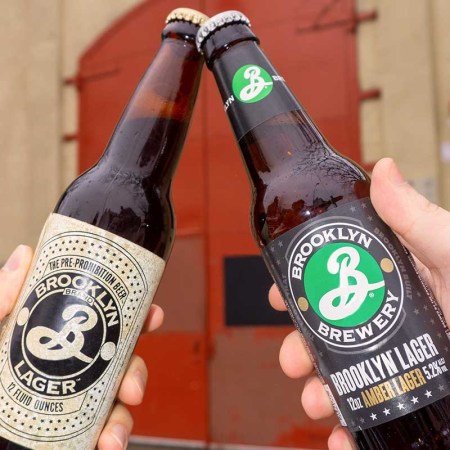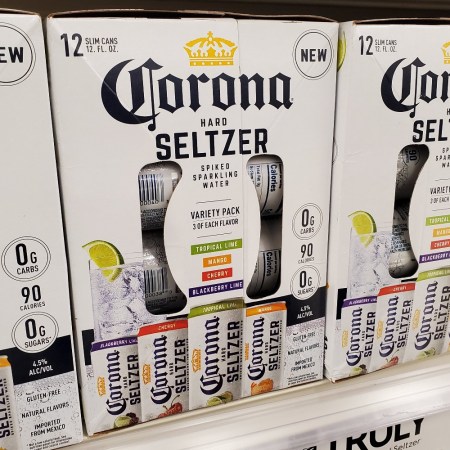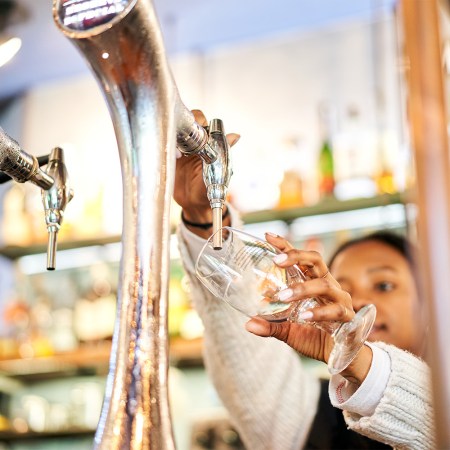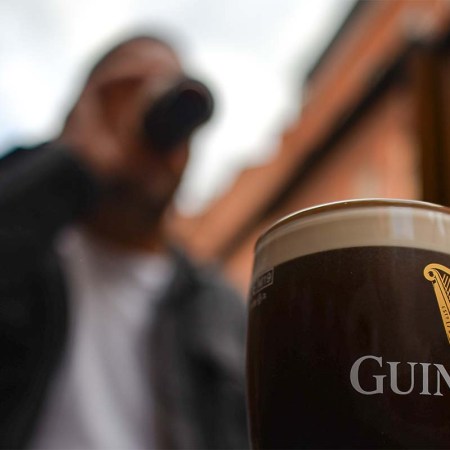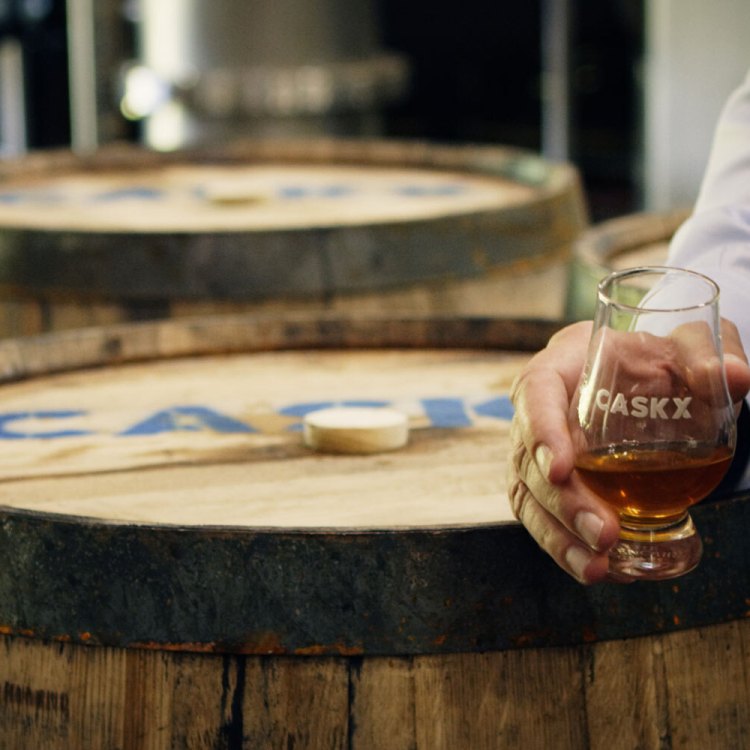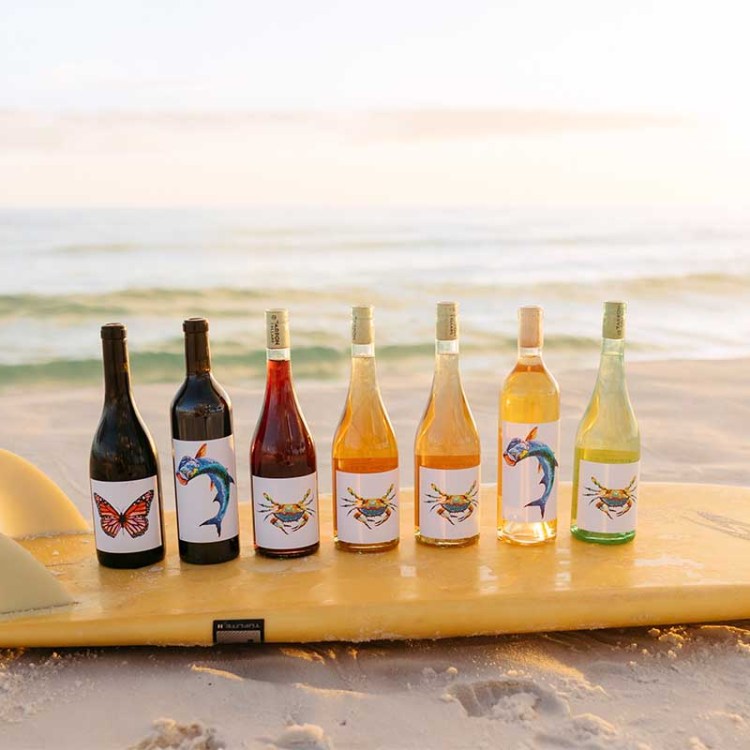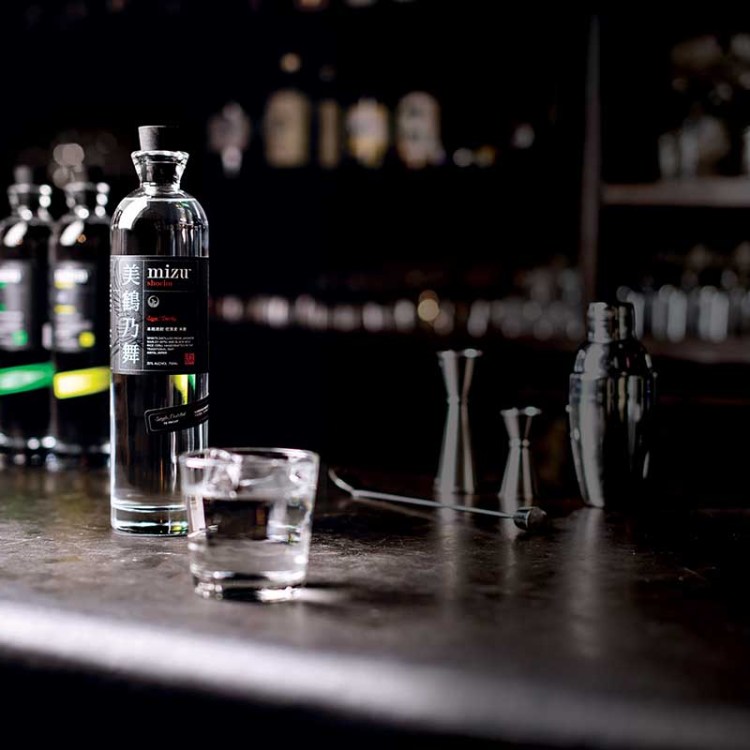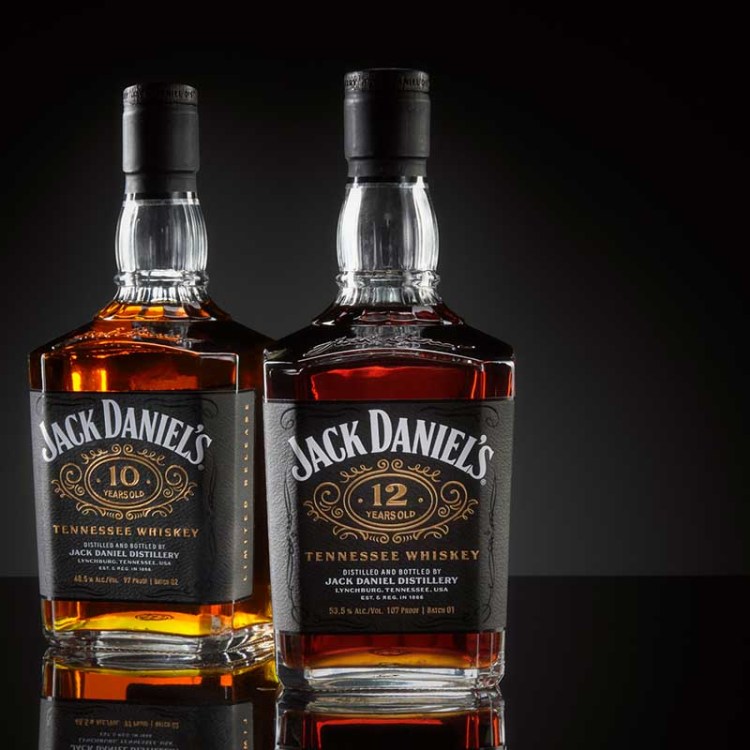Earlier this year, something unexpected happened to Minnesota’s craft breweries — namely, they received the ability to legally create THC-infused beverages. Writing at Vice, Jerard Fagerberg offered a detailed look at the combination of factors that led the state to this point — and gave breweries a new form of income. As Fagerberg phrased it, “the least-regulated legal THC market in the United States” was created by a vote in the state legislature.
All of which begs the question: what now? At his beverage-centric newsletter Fingers, Dave Infante talked with Fagerberg to get more details — and to discuss what the state’s craft breweries might do next. One of the most interesting takeaways from their conversation is the manner in which breweries can sell their THC-infused offerings — or, more specifically, where they can’t.
Breweries can sell seltzers directly, but not via liquor stores. Fagerberg told Infante that liquor stores “have an approved list of products they can sell, and THC seltzer is not on it. So they would need a legal change in order to sell this product to the liquor stores.” As he pointed out, many breweries that took a financial hit from the pandemic see this opportunity as a means of economically recovering.
That does create some questions about the stability of this system. Fagerberg pointed out that most breweries across the nation that also deal in THC beverages have separate facilities for production and consumption — putting Minnesota in a unique place.
While Fagerberg feels that THC legislation will endure, he goes on to suggest that more regulation is on the way where beverages are concerned — including the names under which they might be sold. (Specifically, he points to the presence of a number of dedicated brands for seltzer.) In other words, more change might be on the horizon for some craft breweries — a familiar story if ever there was one.
Thanks for reading InsideHook. Sign up for our daily newsletter and be in the know.

